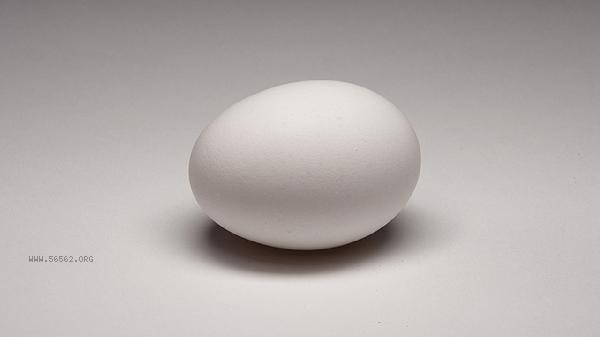Eating three eggs a day usually does not directly achieve weight loss, but it can be used as a part of a high protein diet to assist in weight control. Eggs are rich in high-quality protein and various nutrients, but excessive intake may increase cholesterol burden, which needs to be combined with overall dietary structure and exercise plan. Eggs have a high protein content and strong satiety, which helps reduce the intake of other high calorie foods. One egg contains about 6 grams of protein and 5 grams of fat, with approximately 70 calories. Moderate consumption can help maintain muscle mass and prevent muscle loss during weight loss. However, simply increasing egg intake without controlling total calories may still lead to weight gain. Some populations may have abnormal cholesterol metabolism or allergies to eggs. Consuming more than two egg yolks per day may increase low-density lipoprotein cholesterol levels, especially for patients with metabolic syndrome. Although lecithin in eggs can promote fat metabolism, it cannot counteract the weight gain effect caused by excessive calories.

Weight loss needs to be achieved through a calorie deficit. It is recommended to supplement with eggs for breakfast or after exercise, along with whole grains and fruits and vegetables. Avoid deep frying or high oil salt cooking methods, and choose boiled or steamed eggs for healthier options. It is advisable to control the intake of 6-8 eggs per week, while maintaining 150 minutes of moderate intensity exercise per week and monitoring blood lipid indicators. If you have chronic diseases or special constitutions, you should consult a nutritionist to develop personalized plans.











Comments (0)
Leave a Comment
No comments yet
Be the first to share your thoughts!